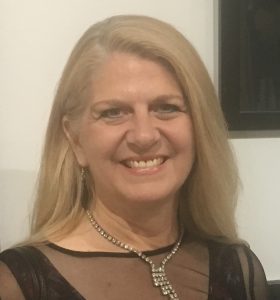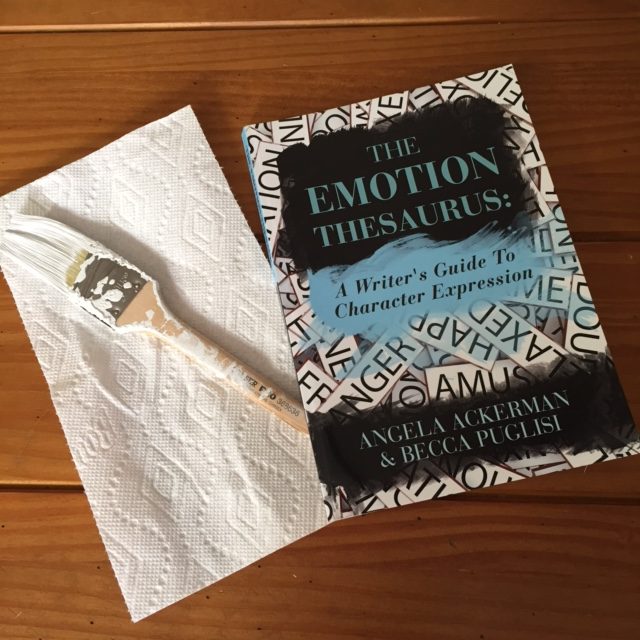Years ago, I heard someone say, “Start by doing what you already know to do instead of worrying about everything you don’t know about the Bible.” Most of us know we should love others and love God, and if we started doing those two things, we’d be a long way towards being a good disciple of Jesus.
Procrastination or Preparation?
This principle can also be applied to writing. I love learning, and I’m so thankful for all of the trainings, blogs, podcasts and videos about the writing process. How to get published, how to build platform, how to develop characters—videos and trainings abound on the internet. But I came to the point a few months ago where I needed to just stop. I had filled stacks of notebooks with great ideas about writing, but I wasn’t writing or building platform or doing much of anything besides studying about how to do it all.
Use What You Already Have
As a family, we spent several years living in Mozambique, Africa. The Mozambicans were great about using what they already had—even what we would consider garbage—to make necessities as well as art or recreational equipment.
For example, with the help of his Mozambican friend, my 12-year-old son Kirk unraveled a length of nylon rope into many short strands. The two of them spent hours tying them together end to end for a kite string. Then they used a plastic grocery bag over two sticks tied together in a cross shape for the kite and scraps of rope for the tail. Believe it or not—it flew sky high. As we drove around during the windy season, we dodged dozens of kids flying plastic bag kites.
When we visited the city, we sometimes went to the open-air market to see the arts and crafts. We marveled at carvings and paintings and handmade sculptures, and again, they used whatever could be found. Some artists created tiny bicycles out of bits of wire they collected. The ingenuity of the Mozambicans struck me as wonderful.
Loaves and Fishes
This reminds me of the story of the five loaves and two fishes in Matthew 14:13-21. The people were hungry, and the disciples only found five loaves and two fishes. Jesus instructed them to work with the supplies they found on hand. Then Jesus gave thanks, broke the loaves and passed out the bread. In the end, everyone ate and was satisfied. They even had leftovers.I wonder if we could follow this pattern as we think about writing. We need to make the most of what we have. Perhaps we can offer our writing time to God, give thanks and trust him to provide.
Focus on the Important
With our faith and with our writing, it’s great to learn, but putting it into practice is the important part. Even with platform building, I kept learning what to do and how, but I finally had to grit my teeth and make those videos, instead of taking another course on how-to. I’m not suggesting we should stop learning—never! And I’m not throwing away my stacks of notebooks. I’m challenging you, writers, to take out the notes, and write the characters according to what you’ve learned or make the video before you do one more training. Use what you already have. Act upon what you already know.
Jesus Offers Living Water
Jesus gave this invitation: “On the last and greatest day of the festival, Jesus stood and said in a loud voice, ‘Let anyone who is thirsty come to me and drink. Whoever believes in me, as Scripture has said, rivers of living water will flow from within them.’ By this he meant the Spirit, whom those who believed in him were later to receive” (John 7:37-39a, NIV).
We can ask the author of life for living water, and He will give us inspiration for our writing. Ask yourself this question: Am I procrastinating by watching another training video, or am I going to put the information into practice immediately?
Jump In
Sometimes, jumping in is the only thing to do. Stephen King says it this way: “Writing is magic, as much the water of life as any other creative art. The water is free. So drink. Drink and be filled up.”

In 1996, Susan E. Brooks moved to Mozambique, Africa, with her family where she taught art and English at an international high school and started journaling about her adventures. Her stories of struggles and victories in Mozambique are now published on her blog in a series entitled “Mozambican Odyssey.” She has since lived in Portugal, Ghana, and Cyprus, as well as in her home state of Kentucky, USA.
Meanwhile, nine grandchildren have come along, and she is inspired to write and illustrate a children’s book for each of them. Susan has self-published four children’s books and she writes a regular column for patheos.com.







No Comments